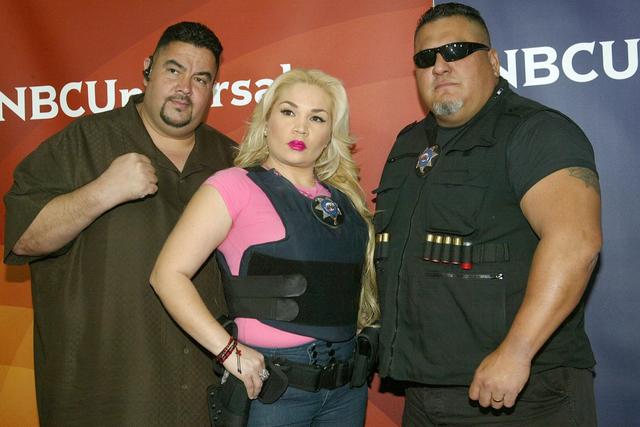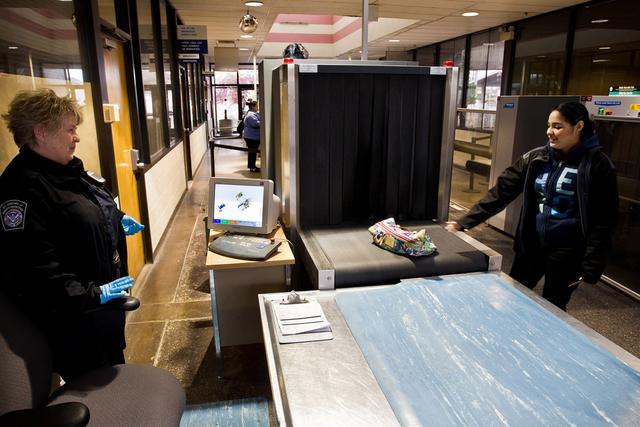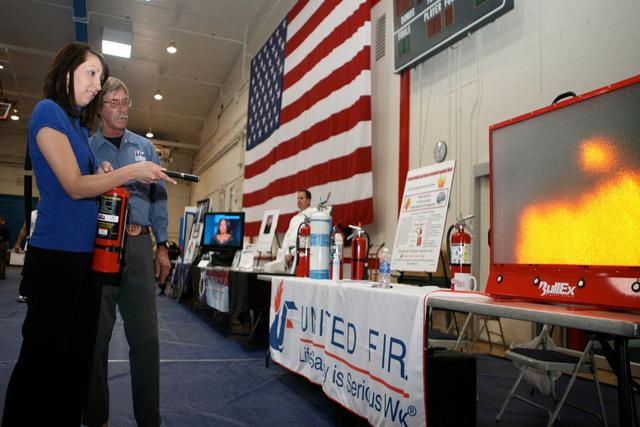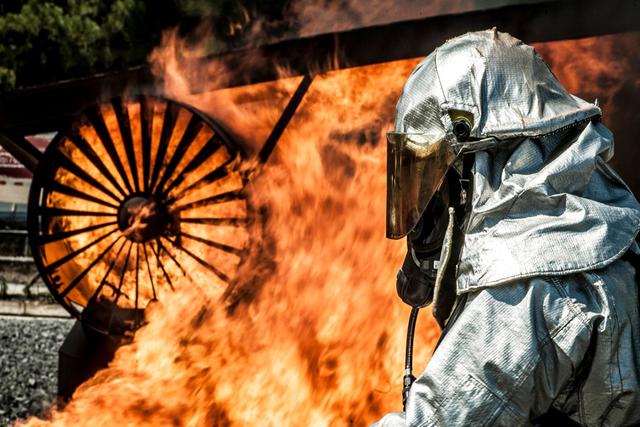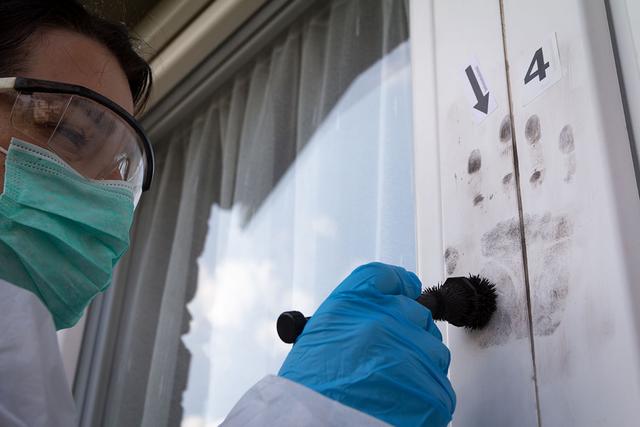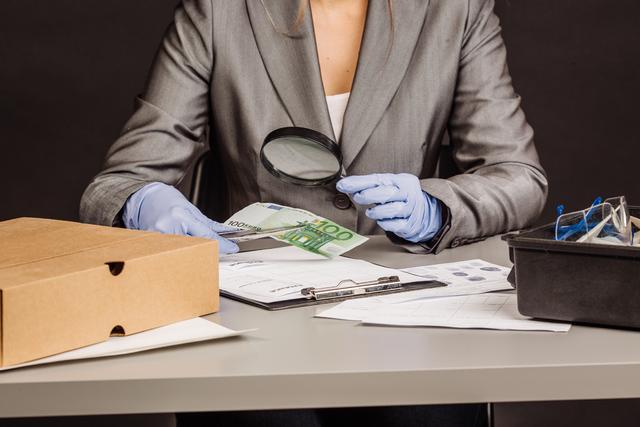Detectives
Overview

Introduction
Detectives are almost always plainclothes investigators who gather difficult-to-obtain information about criminal activity and other subjects. They conduct interviews and surveillance, locate missing persons and criminal suspects, examine records, and write detailed reports. Some make arrests and take part in raids. There are 113,400 police detectives and criminal investigators and 38,800 private detectives and investigators employed in the United States.
Quick Facts
Median Salary
Employment Prospects
Minimum Education Level
Experience
Skills
Personality Traits
Earnings
Median annual earnings of police detectives and criminal investigators were $91,100 in May 2023, according to the U.S. Department of Labor (DOL). The lowest paid 10 percent earned $50,670 or less, while the highest paid 10 percent earned more than $154,360 annually. Fifty percent of police detectives and criminal investigators earned between $64,830 and $116,170. Median annual earnings were $75...
Work Environment
The working conditions of a detective are diverse. Almost all of them work out of an office, where they may consult with colleagues, interview witnesses, read documents, or contact people on the telephone.
Their assignments bring detectives to a wide range of environments. Interviews at homes or businesses may be necessary. Traveling is also common. Rarely do jobs expose a detective to p...
Outlook
Employment for police officers and detectives is expected to grow by 4 percent (about as fast as the average for all careers) from 2023 to 2033, according to the U.S. Department of Labor (DOL). Many openings will likely result from police detectives retiring or leaving their departments for other reasons. Applicants with law enforcement or military experience, especially investigative experienc...





